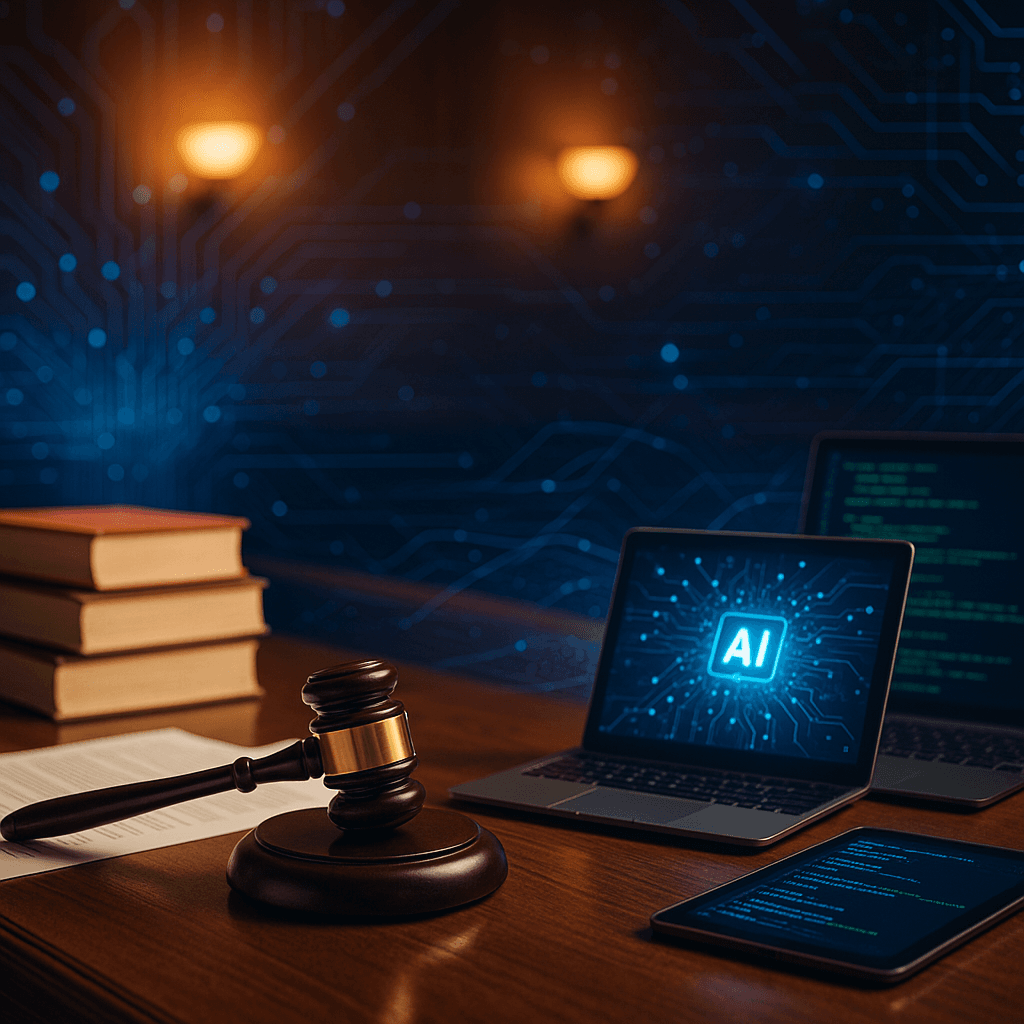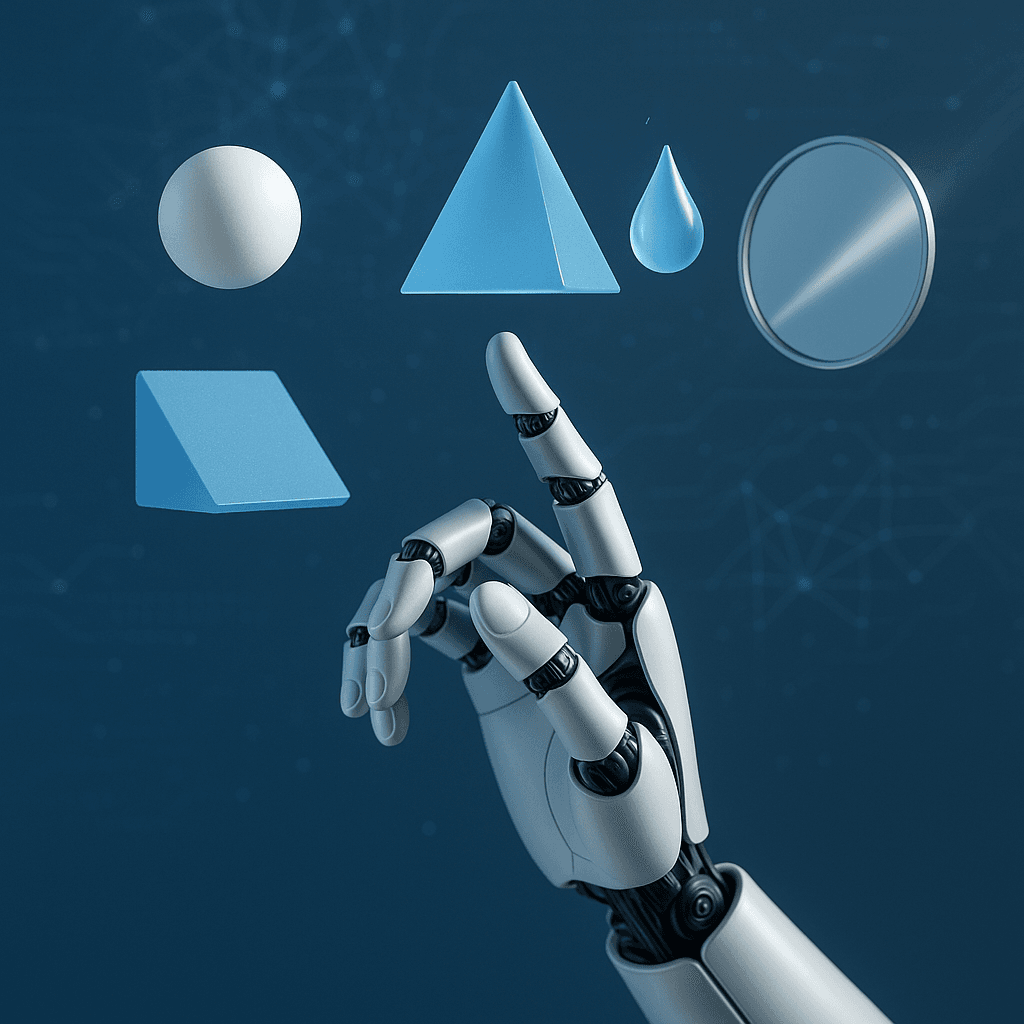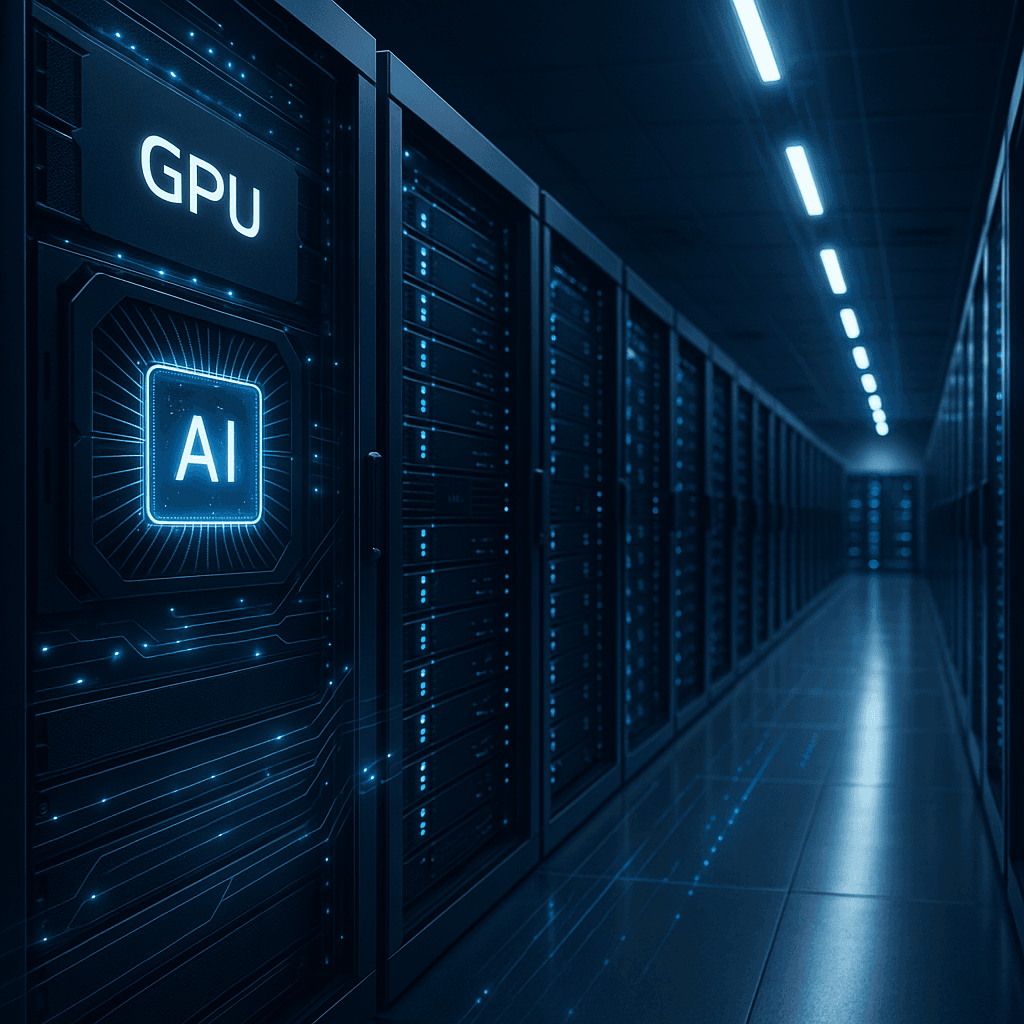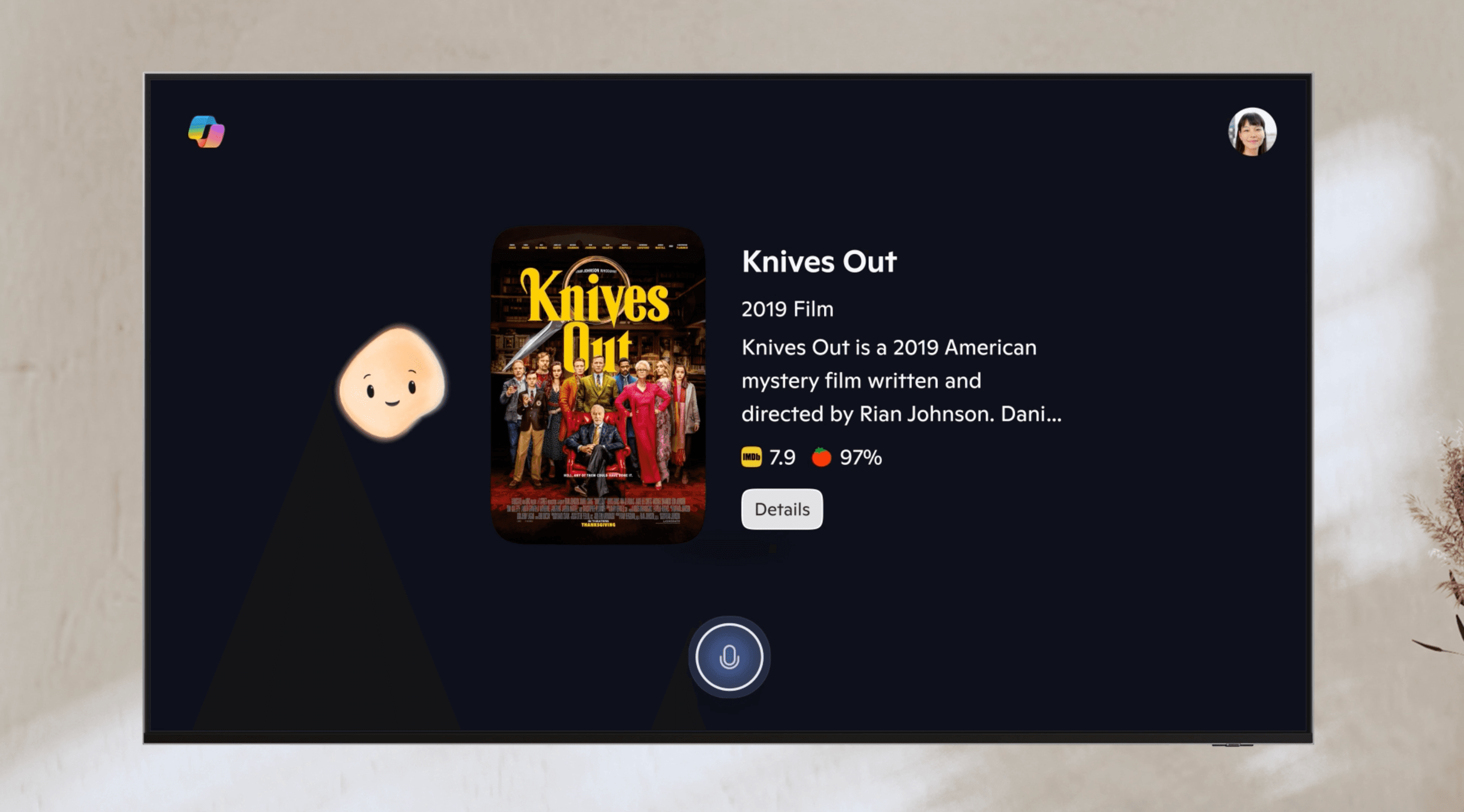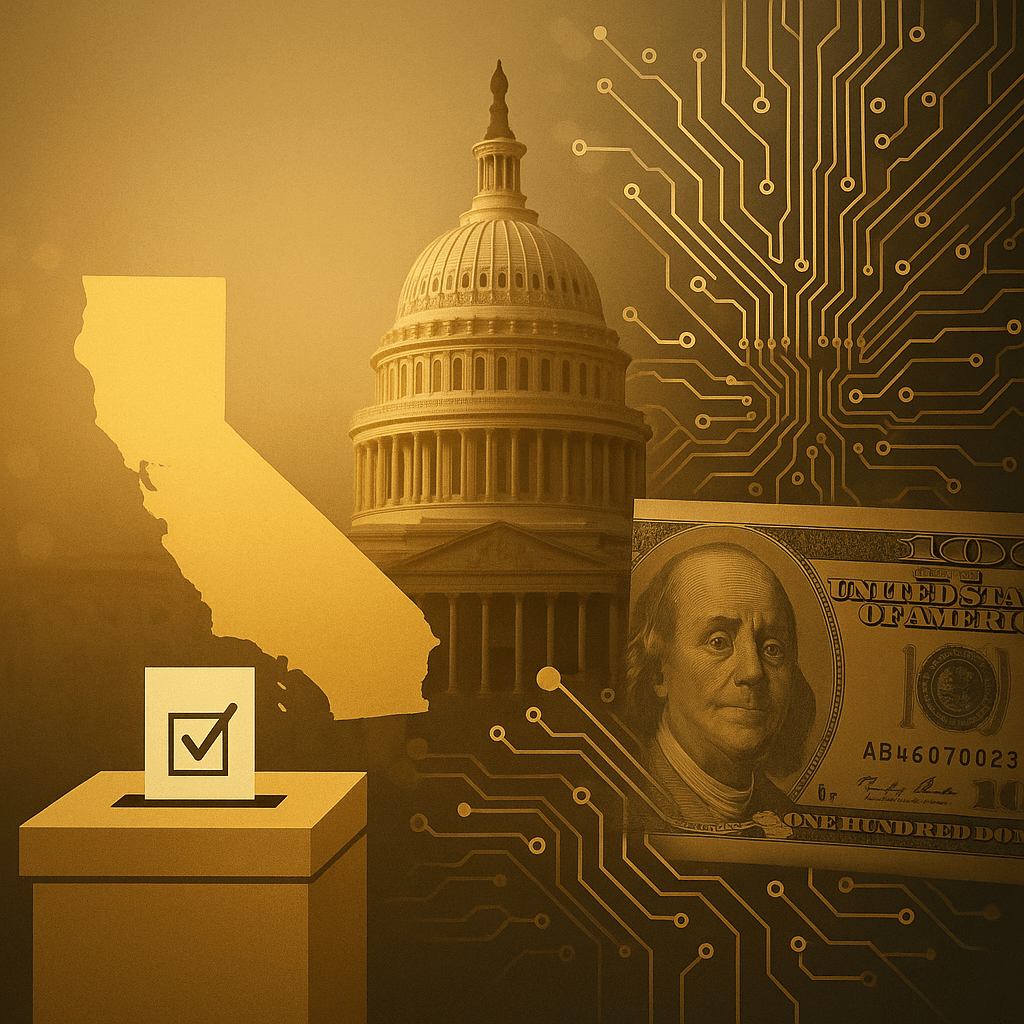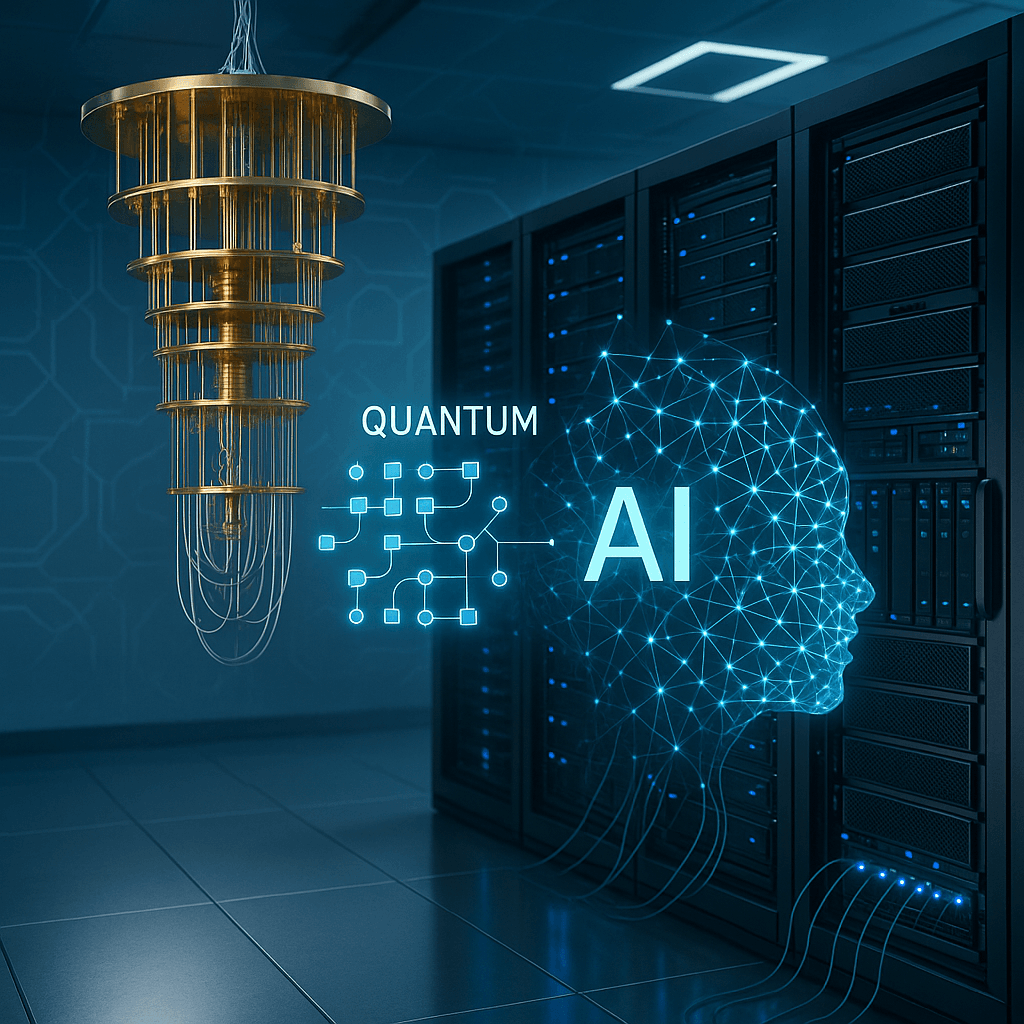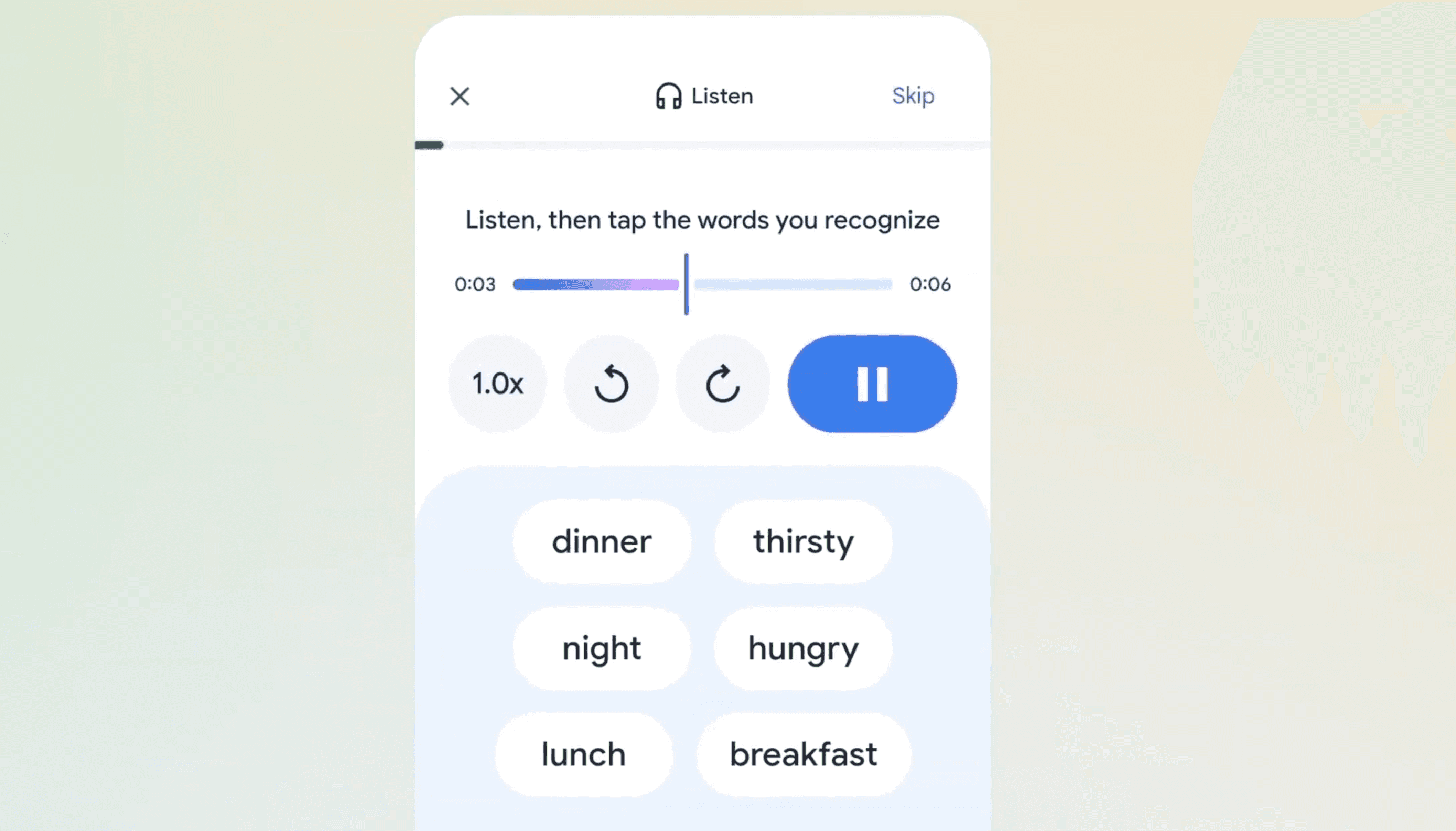Anthropic just settled a landmark copyright lawsuit with fiction and nonfiction authors over its use of books to train Claude AI models. The settlement ends a case that could have set crucial precedent for how AI companies acquire training data, though financial terms remain confidential following Tuesday's Ninth Circuit filing.
Anthropic is walking away from what could have been the AI industry's most consequential copyright battle. The company quietly settled its class action lawsuit with authors Tuesday, abandoning an appeal that might have established nationwide precedent for how AI companies can legally acquire training data.
The settlement filing with the Ninth Circuit Court of Appeals keeps all financial terms under wraps, leaving the AI industry without the legal clarity it desperately needs. Anthropic declined to comment on the settlement amount, but sources familiar with copyright litigation suggest it could reach eight figures given the scope of books allegedly used.
The case centered on whether Anthropic could legally feed thousands of copyrighted books into its Claude language models without permission. A lower court delivered a split decision in June that had Anthropic cautiously celebrating while authors planned their appeal. The judge ruled that training AI models on copyrighted text qualified as fair use – a potential game-changer for the industry.
But Anthropic wasn't entirely off the hook. The court found that many books in the company's training dataset were pirated copies, exposing Anthropic to significant statutory damages. "We believe it's clear that we acquired books for one purpose only — building large language models — and the court clearly held that use was fair," Anthropic told NPR after the June ruling.
That confidence now appears misplaced. By settling before the Ninth Circuit could rule, Anthropic avoided the risk of a devastating appellate decision that could have required licensing deals with publishers industry-wide. The move suggests Anthropic's legal team calculated that paying authors directly was cheaper than potentially reshaping how AI companies acquire training data.
